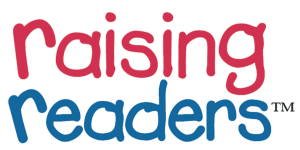 Hand washing: not a glamorous topic. Most of us hate nagging our kids to do it. Yet hand washing has become even more important now with the recent news about the H1N1 virus (formerly called “Swine Flu”). This virus can live in droplets (like those from sneezing or coughing), for quite a while. Scary, eh?
Hand washing: not a glamorous topic. Most of us hate nagging our kids to do it. Yet hand washing has become even more important now with the recent news about the H1N1 virus (formerly called “Swine Flu”). This virus can live in droplets (like those from sneezing or coughing), for quite a while. Scary, eh?Encourage family hand washing at home by:
-Having soap and clean towels in all bathrooms
-Having footstools available for smaller kids
-Reminding kids to wash hands after toileting, before preparing or eating food, playing outside and in any other questionable situations
-Taking the time to do an adequate clean-up job--singing a verse of "Happy Birthday" while washing ought to do the trick
-Role modeling hand-washing skills.
-Carrying "wet wipes" and hand sanitizer when traveling in case soap and water become scarce. (Caution: don't allow kids to put their hands in their mouths after using hand sanitizer. )

Another way to make hand washing fun is by reading to them about staying clean and germ free. Raising Readers Recommends Wash Your Hands by Tony Ross. In Wash Your Hands, the Little Princess refuses to wash her hands until the maid explains about “Germs and Nasties.” She quickly becomes convinced.
See more Raising Readers Recommends on the Raising Reader website.
Happy Handwashing!
Lisa M. Belisle, MD, MPH
Medical Advisor, Raising Readers















